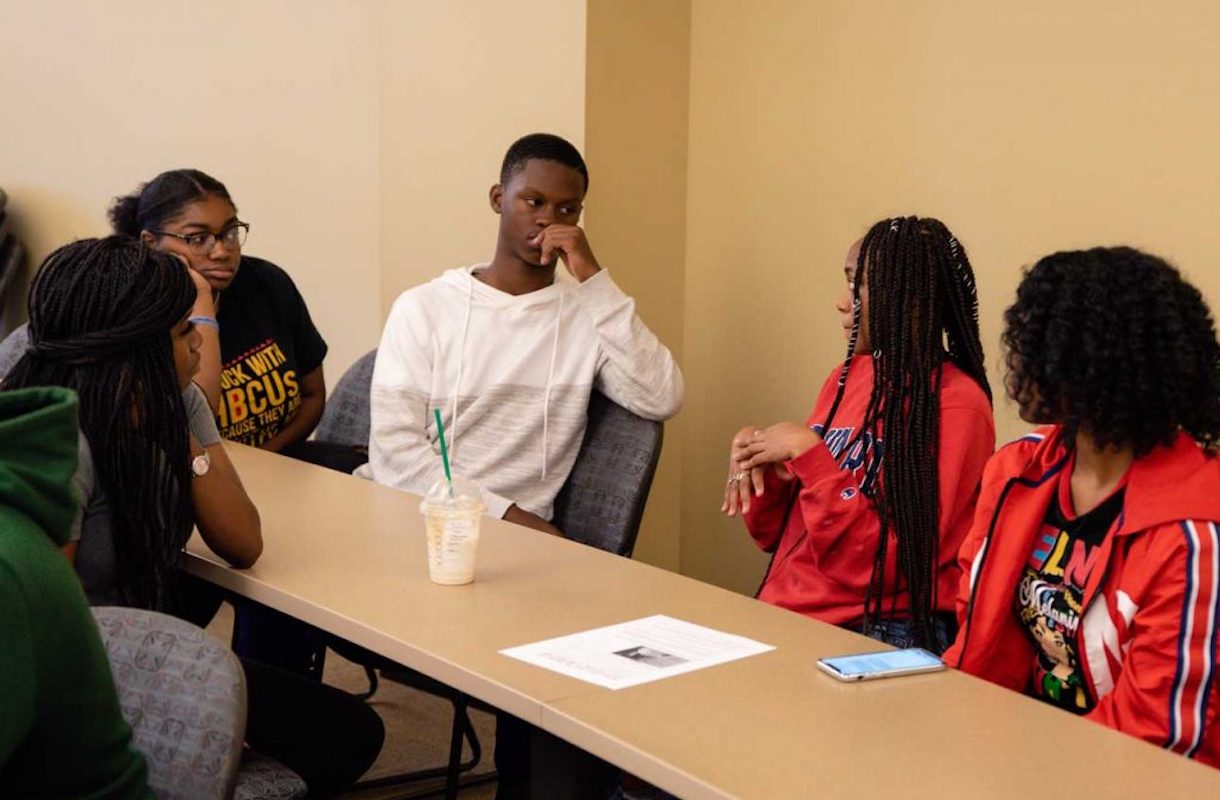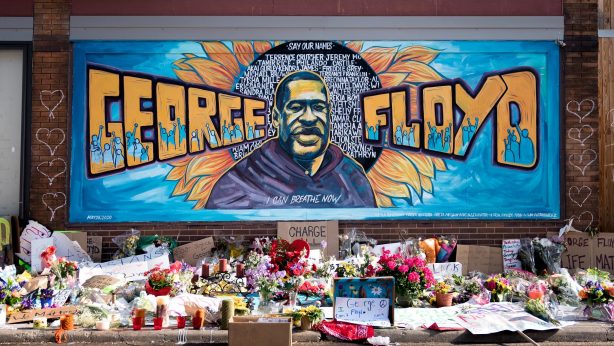It’s Time to Talk about Equity in Education

By: Jonathan T. Swain, President & CEO of LINK Unlimited Scholars
For several months, school districts throughout the nation have grappled with decisions about how to continue meeting students’ needs amid the pandemic. As the new school year begins many educators are still acclimating to e-learning as more schools start remote, and our own Chicago Public Schools announced its plan to begin the fall semester virtually – a decision met with both support and disappointment.
But one large question remains: How do we continue working to close existing equity gaps while more and more scholars are spending time that would have been in schools at home? While the big decisions on curriculum have been made, many questions of equity have not been answered.
In order for Chicago to prosper, we must invest in every neighborhood, starting with schools. Within the CPS student population 76% are classified as economically disadvantaged and 16,450 didn’t have a permanent home in the 2018-19 school year, 81% of whom are black students. Across the city, many who live on Chicago’s south and west sides, in neighborhoods with a majority of black residents, don’t have broadband internet access at home, further widening the city’s digital divide.
CPS data from 2019 also revealed black students had the lowest attainment and growth in both the reading and math sections on the NWEA, trailing behind their peers. Black students also have fewer Level 1/1-plus school seats in their communities, which reduces their opportunities to attend some of the city’s top schools which offer increased resources and support, both are needed for them to continue moving forward.
This isn’t because black students lack the ability to succeed, in fact despite the numerous inequities and obstacles Black students face, they continue to overcome and succeed. In Chicago, we’ve seen high school graduation rates among Black students rise significantly over the past year, and from Englewood to Auburn Gresham we’ve witnessed our neighborhood schools achieve Level 1 or 1-plus status against all odds. But there are still far too many instances where extreme lack of investment in resources these students need leads to them falling behind academically. A reality that will become even more real as these hardships are exacerbated by the COVID-19 pandemic.
For many students from underserved communities, schools serve as more than just a building – they are safe spaces that provide supervision, security, and meals. And closures from the pandemic have exacerbated the inequities they were already facing, which is why we need to have serious conversations about how to address these problems that in turn drive citywide solutions. Let’s talk about how to ensure all schools are invested in equally, debate how to ensure resources are equitably distributed to every school, and meet to address Black students’ test scores lagging behind those of their peers, even before the crisis.
If we continue avoiding these conversations, we’ll look back 10 years from now and wish that we hadn’t. We must avoid future conversations about the increase in black students among high school dropouts, fewer black college students, and even fewer graduates. As schools adjust their plans for remote learning, it’s important for us to take a step back and remember that the format our students are learning in won’t matter if it’s still not equitable – and start talking about solutions.


